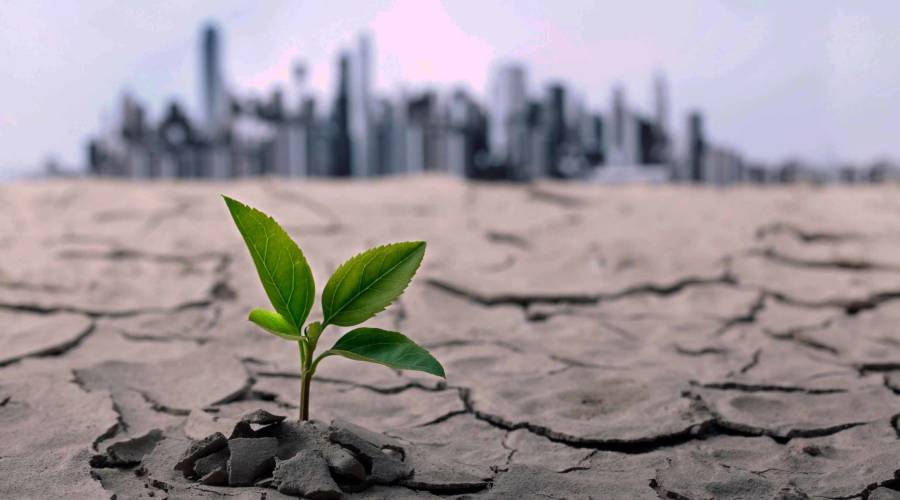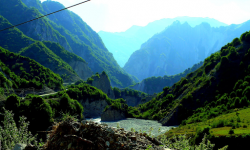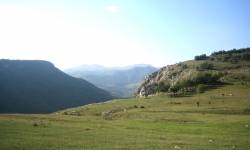
Climate change: emerging challenges and ways to combat them
Climate changes and their impact on the living world are increasingly worrying the world community. Global warming has been talked about quite actively since 1975 when environmentalists began to record changes in average temperatures.
The UN notes that if there is no intervention, everyone will face the following problems sooner or later due to global warming and climate change:
• a threat to agriculture in the tropics and subtropics (where citrus and ginger grow);
• In regions where the population depends on rainwater, water will continue to decrease and the quality of the available water will deteriorate, forests will be in danger;
• deaths from malaria, dengue fever, and other diseases will increase in tropical and subtropical regions;
• the melting of glaciers and the corresponding rise in sea level, which will lead to flooding of coastal areas;
The first document regulating the work of countries on climate change - the UN Framework Convention on Climate Change was adopted in 1992. In addition, in 1997, the Kyoto Protocol was adopted, which requires the reduction or stabilization of greenhouse emissions. In 2015, nearly 200 countries signed the Paris Climate Agreement.
The main objectives of the document are as follows:
From 2021: Stop the development of new sources of coal, gas and oil production;
Increase the annual introduction of new renewable energy sources;
From 2030: Build new buildings and structures without carbon emissions;
Increase the availability of electricity and reduce the use of coal plants;
Up to 60% use of electric cars.
From 2035: Increase the share of sold electric cars to 50%;
Ensuring the highest energy efficiency class for all industrial electric motors and cooling systems;
From 2040: Achieving zero emissions from electricity generation;
to consume only 50% of oil from the 2020 level;
Increase the share of low-emission aviation fuels to 50%.
By 2050: Plan to achieve net zero carbon emissions in the energy sector
prevent the global average temperature from rising by more than 2°C above pre-industrial levels by 2100;
use all possible means to keep global warming to 1.5°C;
Generating more than 90% of the world's electricity using renewable energy sources, of which more than 70% is based on wind and solar energy.
Actions of Azerbaijan in the fight against climate change:
The areas most vulnerable to climate change in Azerbaijan are the agricultural sector, the water sector, and watershed zones. The country's strategies for reducing the effects of climate change and adapting to these effects are reflected in the long-term State Programs.
The main commitment of the Republic of Azerbaijan in this marathon is to achieve carbon neutrality without delay. His tasks also include the development and implementation of operational and long-term measures to adapt to the changing climate, mitigation of anthropogenic impact on the climate, measures to reduce greenhouse gas emissions, climate projects in the field of forestry, etc.
The Republic of Azerbaijan also adopted separate documents to achieve the indicators.
The Milli Majlis of the Republic of Azerbaijan joined the UN Framework Convention on Climate Change in 1995 and ratified the Kyoto Protocol of the Convention in 2000.
The Doha addendum adopted for the 2nd period of fulfilling obligations under the Kyoto Protocol was ratified by the Milli Majlis of the Republic of Azerbaijan on April 14, 2015, and signed by the country's president.
The Republic of Azerbaijan signed the Paris Agreement, which is an addition to the UN Framework Convention on Climate Change, on April 22, 2016, and ratified it in October of the same year.
In its Intended Nationally Determined Contributions to the UN Framework Convention on Climate Change, it has targeted a 35% reduction in greenhouse gas emissions by 2030 compared to the 1990 base year as a contribution to global climate change mitigation initiatives.






